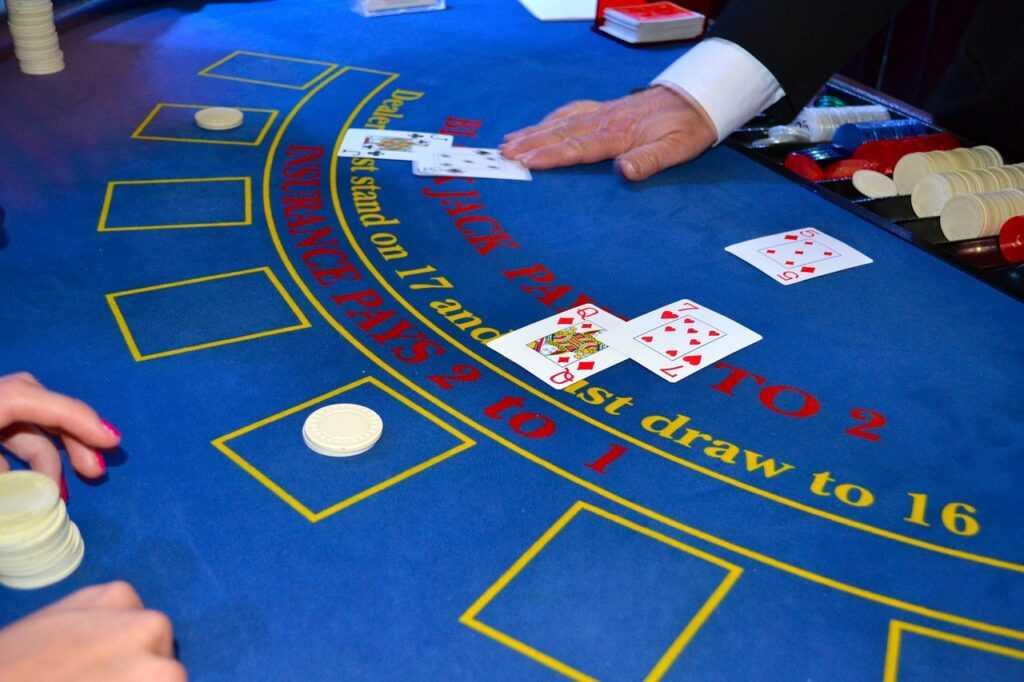A person who always makes fun of others is called
Have you ever encountered someone who constantly belittles others, making snide remarks, poking fun, or undermining their confidence? Yes, we are talking about a person who always makes fun of others, known by various terms such as a “tease” or a “mockster.” Let’s delve deeper into the characteristics and impact of such individuals in social settings.
Characteristics of a person who always makes fun of others
Frequent Mocking: They often mock or ridicule others’ actions, appearance, or choices, trying to elicit laughter at someone else’s expense. Sarcastic Remarks: Their comments are laced with sarcasm, aiming to belittle or humiliate the target subtly. Dismissive Attitude: They tend to downplay others’ achievements or opinions, making them feel insignificant or inadequate. Lack of Empathy: They show little empathy towards the feelings of those they mock, focusing more on their amusement.
Impact of their behavior
Low SelfEsteem: Continuous mocking can lead to lowered selfesteem and confidence in the person being targeted. Negative Atmosphere: Their behavior creates a negative environment, making others feel tense, anxious, or insecure. Damaged Relationships: Constant belittling can strain relationships, leading to resentment, trust issues, or even emotional distancing. Cycle of Toxicity: Their actions can perpetuate a cycle of toxicity within social circles, normalizing harmful behavior.
Dealing with a person who always makes fun of others
When faced with a person who constantly makes fun of others, it is essential to address the situation tactfully while prioritizing your wellbeing and mental health. Here are some strategies to navigate interactions with such individuals:
Setting Boundaries
Communicate Clearly: Express how their behavior makes you feel and set clear boundaries regarding what is acceptable and what is not. Avoid Isolation: Seek support from friends, family, or a trusted individual to discuss your feelings and gain perspective on the situation. Limit Interaction: If possible, reduce contact with the person or avoid situations where their mockery is prevalent.
Assertive Responses
Confidence: Respond assertively with confidence, showing that you are not affected by their remarks. Humor: Use humor to deflect their comments or respond in a way that diffuses tension without escalating the situation. Stay Calm: Maintain your composure and avoid reacting impulsively to their provocations.
Seeking Help
Professional Support: If the behavior persists and impacts your wellbeing significantly, consider seeking support from a therapist or counselor. Conflict Resolution: In cases where the mockery escalates into conflicts, seek mediation or intervention to address the underlying issues effectively.
By understanding the characteristics of a person who always makes fun of others and implementing strategies to cope with their behavior, you can navigate challenging social dynamics with resilience and confidence. Remember, your wellbeing and mental health should always be a top priority in any interaction or relationship.


 Alanns Ritcheyers – Author
Alanns Ritcheyers is a skilled author at Smart Gamble Land, known for his expertise in winning techniques and the art of gambling strategy. With a keen focus on teaching advanced betting systems, Alanns' content is tailored to players eager to refine their approach to gambling. His methodical breakdowns of complex systems are designed to make challenging concepts accessible to a wide audience. Alanns is dedicated to helping players maximize their potential at the casino by blending strategy with practical tips for real-world application.
Alanns Ritcheyers – Author
Alanns Ritcheyers is a skilled author at Smart Gamble Land, known for his expertise in winning techniques and the art of gambling strategy. With a keen focus on teaching advanced betting systems, Alanns' content is tailored to players eager to refine their approach to gambling. His methodical breakdowns of complex systems are designed to make challenging concepts accessible to a wide audience. Alanns is dedicated to helping players maximize their potential at the casino by blending strategy with practical tips for real-world application.
